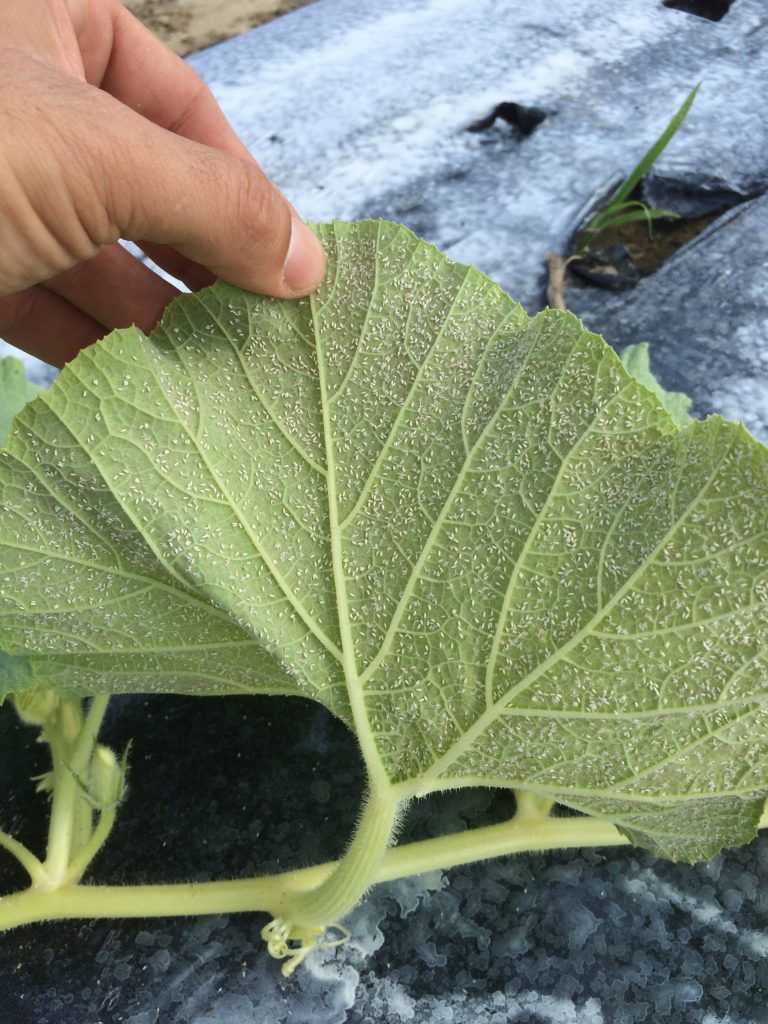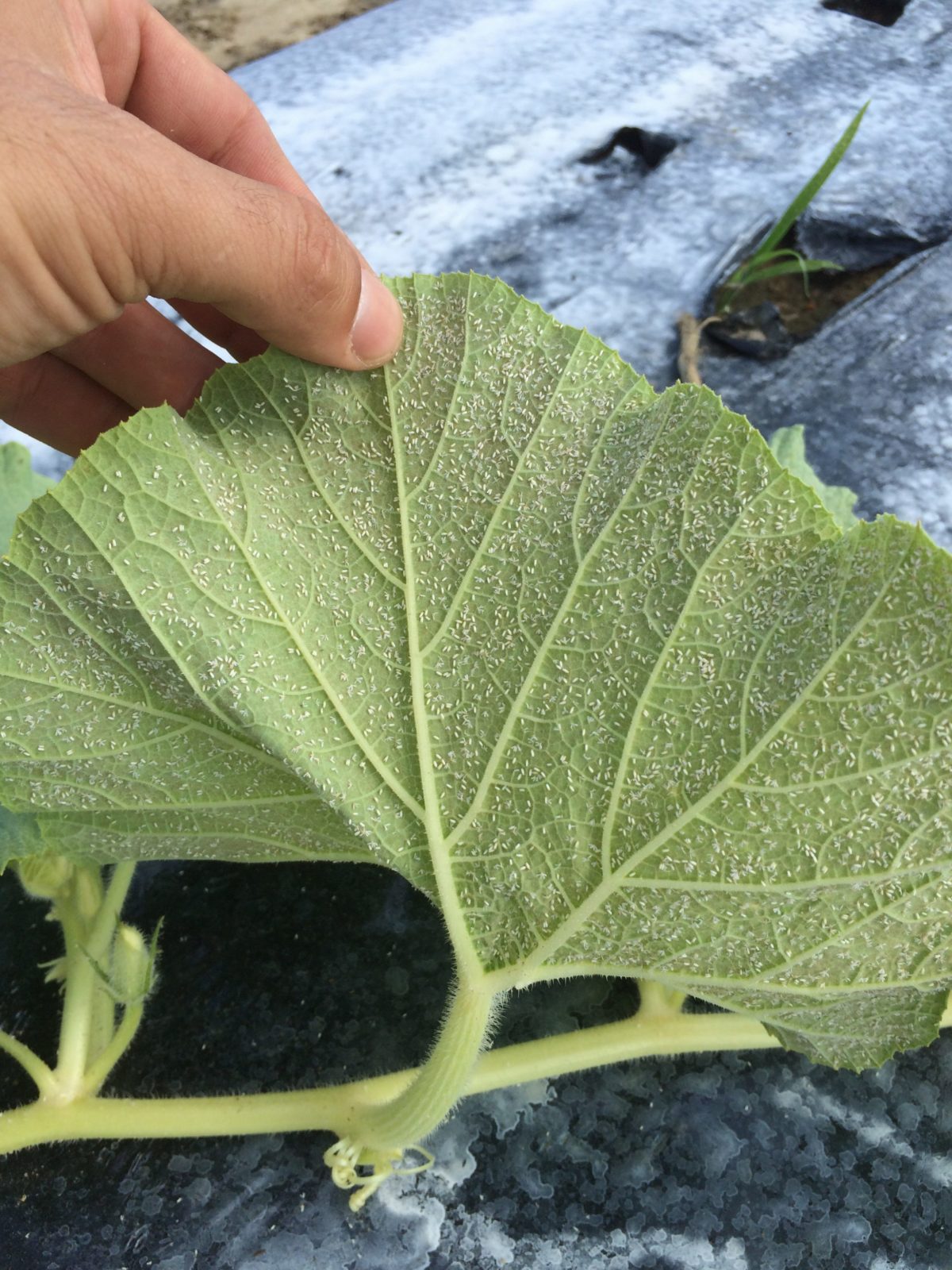By Karla Arboleda
After years of growers experiencing problems with whiteflies in vegetable crops, the U.S. Department of Agriculture (USDA) will fund $3.2 million toward whitefly research.

The grant will fund research at the University of Georgia (UGA), Fort Valley State University and the USDA Agricultural Research Service in South Carolina. Bhabesh Dutta, a vegetable Extension pathologist at UGA-Tifton, shared some statistics on previous crop damage originating from whiteflies.
“This grant is funded by USDA to do research in this region as whitefly and whitefly-transmitted virus complex has been a huge problem in fall vegetable production,” Dutta said. “In Georgia, we lost nearly 60 to 80 percent of our (fall-grown) snap bean crops because of the whitefly-transmitted viral diseases.”
Researchers will focus specifically on vegetable systems and find long-term sustainable solutions to manage whiteflies and whitefly-transmitted virus complexes. There are three whitefly-transmitted viral pathogens, which are known to reduce the quality of vegetable crops, specifically cucurbits: cucurbit leaf crumple virus, cucurbit yellow stunting disorder virus and sida golden mosaic virus. The USDA-funded project is expected to cover these key points:
- Host plant resistance
- Ecology, biocontrol and cultural practices
- Vector-virus complex transmission dynamics
- Use of molecular tools and biotechnology in host plant resistance and disease management
- Insecticide resistance
“My role in this project involves finding resistance to the whitefly-transmitted virus complex in snap bean germplasms, advanced breeding lines and conducting research to find host-plant resistance,” Dutta said. “(The) severity of this issue led us to team up with scientists from different disciplines and collaborate to find a long-term sustainable solution.”










